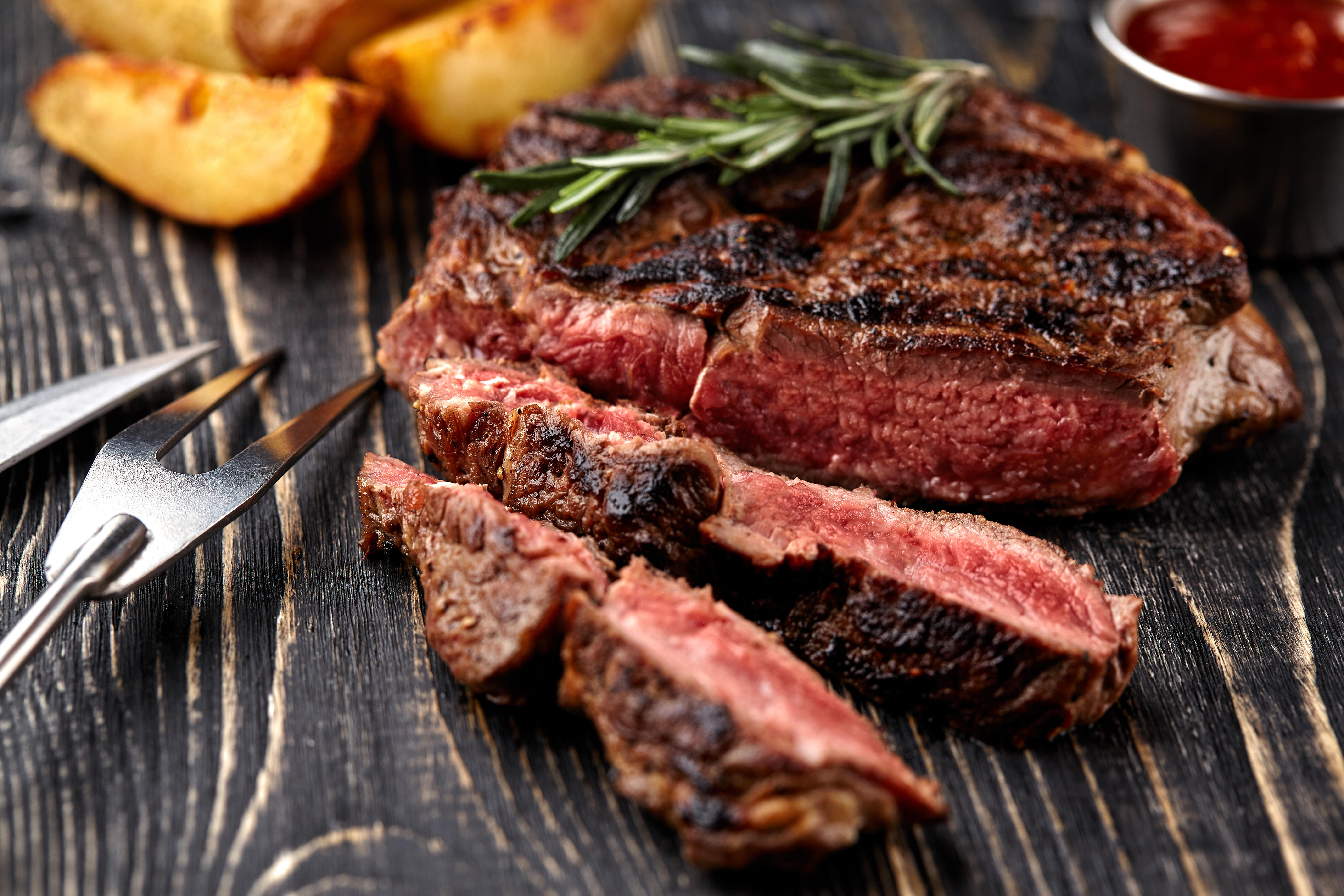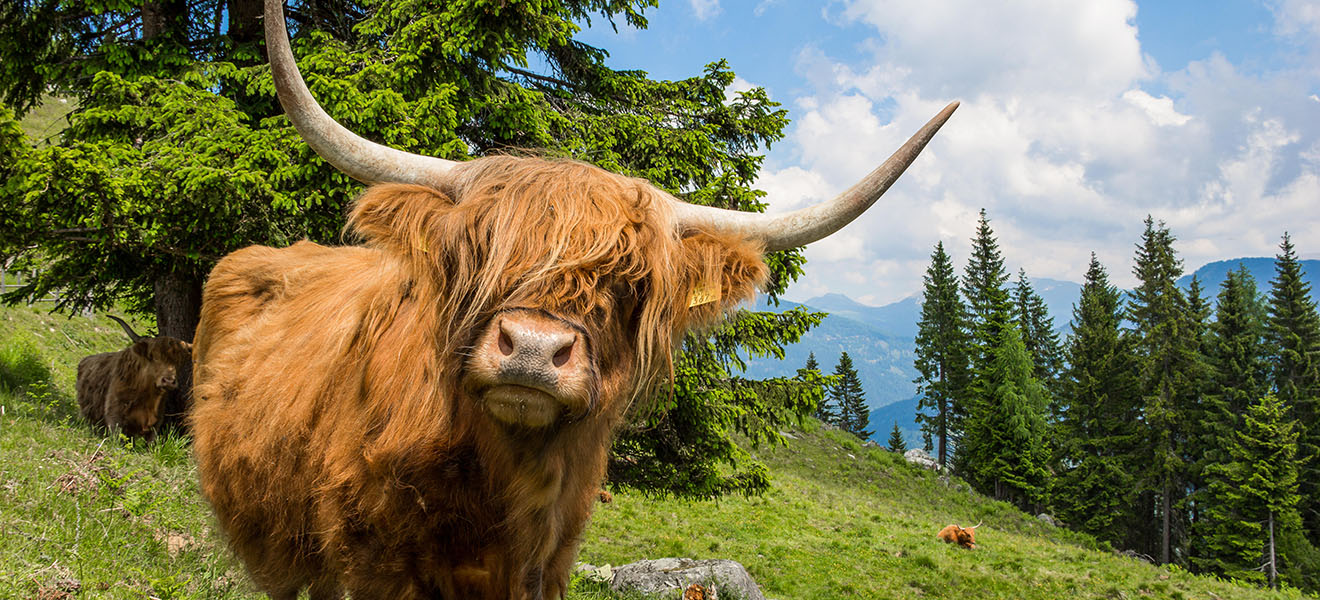On the moo-ve: Manure-fuelled vans to serve John Lewis
We have plenty to thank cows for, from providing dairy products to gracing the countryside with their bovine beauty, and now they are helping counter their impact on the environment thanks to a fuel derived from their droppings.

Manure-based fuel is becoming increasingly popular thanks to its environmental credentials and John Lewis has plans to use it to power hundreds of its trucks and vans.
Biofuel made from manure is considered carbon neutral under EU law, as it helps stop methane being released into the atmosphere and reduces emissions.
John Lewis has been using a fuel made from food waste for 80 of its vehicles, but it now intends to switch to poo power from 2021. By this time, renewable biomethane will fuel almost 300 John Lewis and Waitrose delivery vans.
'We’re already phasing out our diesel vehicles and rolling out a fleet of biomethane-fuelled trucks which emit 83% less CO2 than standard diesel alternatives,' said a John Lewis spokesman. 'This will save more than 49,000 tonnes of CO2 across the partnership every year, equivalent to the carbon footprint of over 6,000 UK households.'
The company aims for its transport fleet to be zero-carbon by 2045 and it is working on encouraging sustainable travel across the business.
John Lewis' fuel supplier, CNG Fuels, is also exploring ways to update its heavy vehicle fuelling stations to include low-carbon hydrogen and powerful battery charging options.
'We want to help decarbonise freight transport and enable fleet operators to meet net zero targets now, supporting the UK’s climate targets,' said Philip Fjeld, chief executive of CNG Fuels. 'Renewable biomethane sourced from manure is currently the best low-carbon solution for HGVs, but we want to be ready to support our customers when other technologies are commercially viable for freight transport.'
Sign up for the Country Life Newsletter
Exquisite houses, the beauty of Nature, and how to get the most from your life, straight to your inbox.
CNG Fuels also plans to use manure-based fuel to supply the 200 trucks used by Hermes, as well as the delivery vans of Asda and Argos.
Earlier this year Hermes acquired 32 double-decker trailers to provide extra capacity, reducing the number of miles its drivers travel by up to 1.5 million a year in a bid to improve its sustainability.

How eating British has enormous benefits on the environment — and a clever new idea to show us all just how much it helps
New research from scientists in Oxford and Switzerland demonstrates the vast differences in buying food that's locally produced and sensitively-farmed

Country Life Today: The surprising truth about cows breaking wind
This morning we look at why studying animals' noxious emissions can help us make the world a better place, celebrate
-
 Vertigo at Victoria Falls, a sunset surrounded by lions and swimming in the Nile: A journey from Cape Town to Cairo
Vertigo at Victoria Falls, a sunset surrounded by lions and swimming in the Nile: A journey from Cape Town to CairoWhy do we travel and who inspires us to do so? Chris Wallace went in search of answers on his own epic journey the length of Africa.
By Christopher Wallace
-
 A gorgeous Scottish cottage with contemporary interiors on the bonny banks of the River Tay
A gorgeous Scottish cottage with contemporary interiors on the bonny banks of the River TayCarnliath on the edge of Strathtay is a delightful family home set in sensational scenery.
By James Fisher